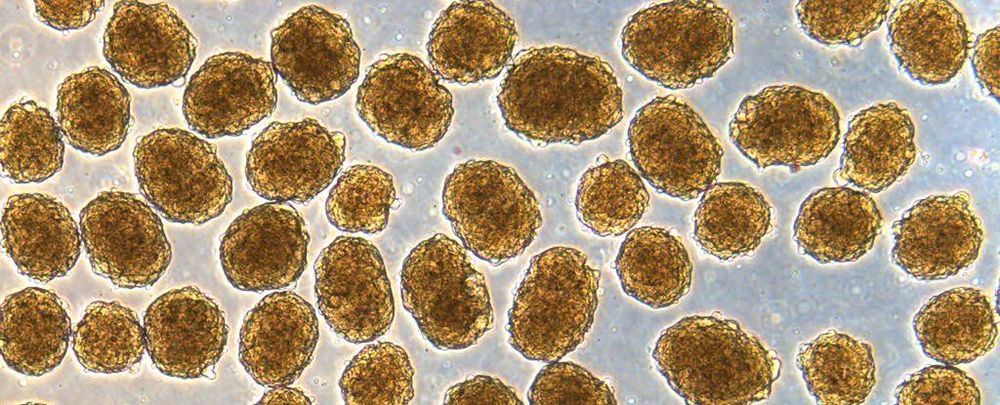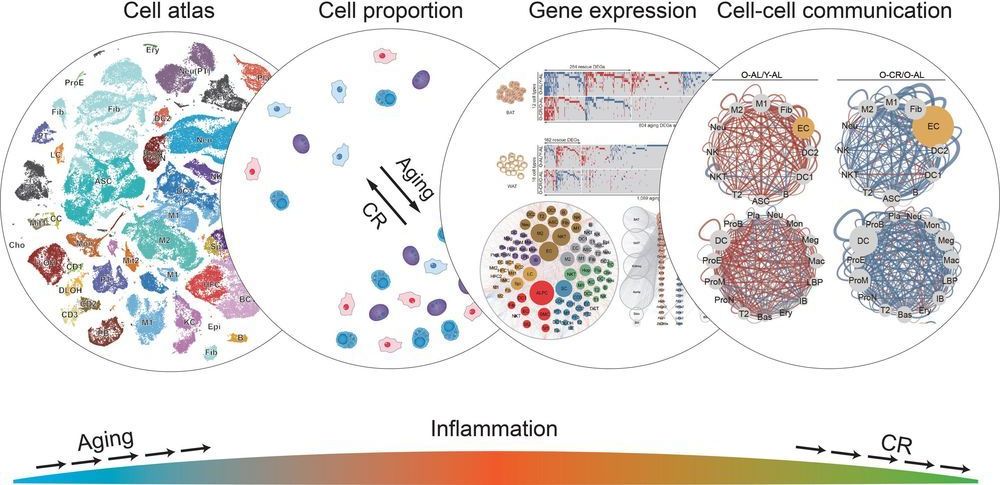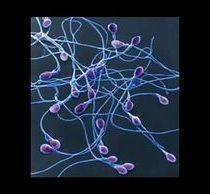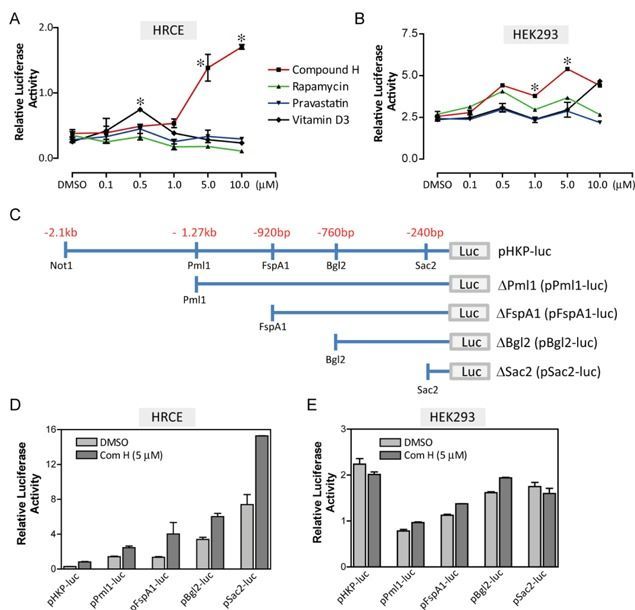Page 7919
Feb 28, 2020
Coronavirus news and live updates: Markets take historic tumble as virus spreads
Posted by Mike Diverde in category: biotech/medical
Lagos, Nigeria is officially part of the Wuhan Coronavirus Pandemic.
“Coronavirus in Africa: The first confirmed novel coronavirus case in Nigeria is an Italian citizen who traveled to Lagos. Nigeria is the third African nation to report the virus, and the first in sub-Saharan Africa. The others are Egypt and Algeria, which both have one case each.”
The first confirmed novel coronavirus case in Nigeria is an Italian citizen who traveled to Lagos. Follow here for the latest.
Feb 28, 2020
New Experiment With Human Stem Cells Ends Up Rapidly Curing Diabetes in Mice
Posted by Kelvin Dafiaghor in categories: biotech/medical, futurism
A new technique to convert human stem cells into insulin-producing cells could hold huge promise for future diabetic treatments, if results seen in an experiment with mice can be successfully replicated in humans.
In a study, researchers figured out a new way to coax human pluripotent stem cells (hPSCs) into pancreatic beta cells that make insulin. When these insulin-producing cells were transplanted into mice induced to have an acute form of diabetes, their condition was rapidly cured.
“These mice had very severe diabetes with blood sugar readings of more than 500 milligrams per decilitre of blood – levels that could be fatal for a person,” explains biomedical engineer Jeffrey R. Millman from Washington University.
Feb 28, 2020
Two Guys Create ‘Leather’ From Cactus, Will Save 1 Billion Animals Killed For Fashion
Posted by Maico Rivero in category: futurism
The company’s called Adriano Di Marti and they’ve formulated a new technique to create a fabric using cactus leaves called Desserto. Cactus, known for its rugged nature is quite hard and thick and pointy, however, when fully processed, it not only feels like actual leather, but since it is made from cactus — a plant that can grow in the desert with minimum moisture — it doesn’t consume as much water.
Don’t Miss
Feb 28, 2020
Tesla’s secret battery project could finally push EVs to overtake gas cars
Posted by Genevieve Klien in categories: sustainability, transportation
Feb 28, 2020
AI-Powered Wearable Predicts Heart Failure Before It Happens
Posted by Kelvin Dafiaghor in categories: biotech/medical, health, robotics/AI, wearables
Incredible Ai
A new wearable sensor could save the lives of heart-failure patients.
The artificially intelligent technology helps doctors remotely detect critical changes days before a crisis occurs.
Continue reading “AI-Powered Wearable Predicts Heart Failure Before It Happens” »
Feb 28, 2020
Scientists show how caloric restriction prevents negative effects of aging in cells
Posted by Kelvin Dafiaghor in categories: biotech/medical, life extension, neuroscience
If you want to reduce levels of inflammation throughout your body, delay the onset of age-related diseases, and live longer—eat less food. That’s the conclusion of a new study by scientists from the US and China that provides the most detailed report to date of the cellular effects of a calorie-restricted diet in rats. While the benefits of caloric restriction have long been known, the new results show how this restriction can protect against aging in cellular pathways, as detailed in Cell on February 27, 2020.
“We already knew that calorie restriction increases life span, but now we’ve shown all the changes that occur at a single-cell level to cause that,” says Juan Carlos Izpisua Belmonte, a senior author of the new paper, professor in Salk’s Gene Expression Laboratory and holder of the Roger Guillemin Chair. “This gives us targets that we may eventually be able to act on with drugs to treat aging in humans.”
Aging is the highest risk factor for many human diseases, including cancer, dementia, diabetes and metabolic syndrome. Caloric restriction has been shown in animal models to be one of the most effective interventions against these age-related diseases. And although researchers know that individual cells undergo many changes as an organism ages, they have not known how caloric restriction might influence these changes.
Feb 27, 2020
Treating Systemic Klotho Deficiency
Posted by Quinn Sena in categories: biotech/medical, life extension
The serendipitous disruption of the klotho gene promoter in 1997 by a cardiologist in Japan begot a phenotype of early multiorgan failure mimicking premature aging [1]. The gene was aptly named after the Greek Goddess who spins the threads of life. In 2005, the same investigator did the opposite experiment and showed that transgenic overexpression of klotho in mice extends life, placing Klotho once again in the spotlight and generated volumes of antiaging research [2]. Several findings that followed changed the landscape. Klotho is a single-pass transmembrane protein, primarily expressed in the kidney, but its extracellular domain is secreted into circulation as a soluble protein after being cleaved by proteases [3]; thus, the kidney supplies the body with soluble Klotho [3]. In multiple preclinical studies with diverse models, both acute and chronic kidney diseases are states of renal and systemic klotho deficiency [3], including human CKD. The relationship between Klotho and kidney disease is more than just a biomarker because restoration of Klotho ameliorated renal dysfunction and extrarenal complications in both acute [4] and chronic settings bringing Klotho supplementation into the therapeutic realm. However, how should Klotho be given?
In rodents, several methods have been used successfully to raise systemic Klotho levels (Fig. 1). The transgenic insertion of klotho into the genome of a mouse was the first attempt [2]. While this has been enormously useful as proof-of-concept in experimental animals, this technique is not applicable to patients currently. Recombinant Klotho protein was used successfully in the laboratory in both acute and chronic [5] settings that prevented AKI, accelerated AKI recovery, presented and retarded AKI-to-CKD transition, and ameliorated extrarenal complications [4]. Recombinant Klotho protein administration is a method where translation to human therapeutics is much more practical and proximal.
Feb 27, 2020
Induction of anti-aging gene klotho with a small chemical compound that demethylates CpG islands
Posted by Quinn Sena in categories: biotech/medical, genetics, life extension
Klotho (KL) is described as an anti-aging gene because mutation of Kl gene leads to multiple pre-mature aging phenotypes and shortens lifespan in mice. Growing evidence suggests that an increase in KL expression may be beneficial for age-related diseases such as arteriosclerosis and diabetes. It remains largely unknown, however, how Kl expression could be induced. Here we discovered novel molecular mechanism for induction of Kl expression with a small molecule ‘Compound H’, N-(2-chlorophenyl)-1 H-indole-3-caboxamide. Compound H was originally identified through a high-throughput screening of small molecules for identifying Kl inducers. However, how Compound H induces Kl expression has never been investigated. We found that Compound H increased Kl expression via demethylation in CpG islands of the Kl gene. The demethylation was accomplished by activating demethylases rather than inhibiting methylases. Due to demethylation, Compound H enhanced binding of transcription factors, Pax4 and Kid3, to the promoter of the Kl gene. Pax4 and Kid3 regulated Kl promoter activity positively and negatively, respectively. Thus, our results show that demethylation is an important molecular mechanism that mediates Compound H-induced Kl expression. Further investigation is warranted to determine whether Compound H demethylates the Kl gene in vivo and whether it can serve as a therapeutic agent for repressing or delaying the onset of age-related diseases.
Keywords: klotho, methylation, Pax4, Kid3, CpG island.
Pre-mature aging phenotypes were eminent in the klotho (Kl)-deficient mice, which have ~ 10 copies of a transgene integrated in the 5’ flanking region of the Kl gene disrupting its expression [1]. The klotho mice die around ~ 2 months of age after birth due to multiple aging-related organ failures [1]. Later, the role of KL in aging was confirmed by the reproduction of the same aging phenotypes in Kl knockout homozygous (Kl −/−) mice [2]. On the other hand, overexpression of KL extends lifespan by 20–30% [2, 3]. The protein products of Kl gene can be divided into two forms: membrane-integrated form of Kl and non-integrated form of Kl which includes secreted and soluble Kl (sKl). These two type of proteins are produced from the two transcripts that arise from a single kl gene due to alternative RNA splicing [4, 5].


















